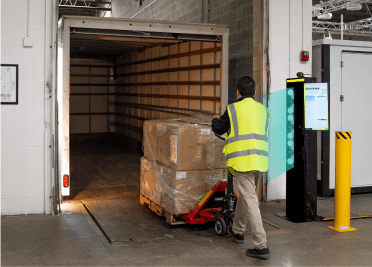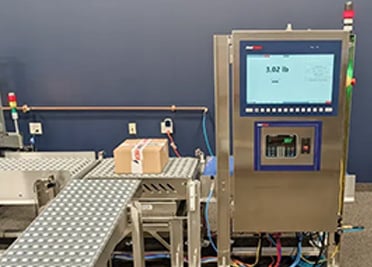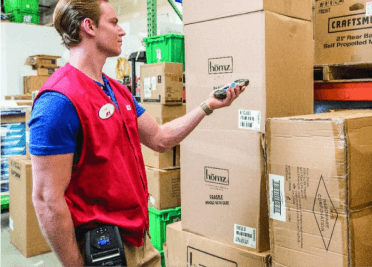Food manufacturers and distributors are facing increased pressure to comply with the FSMA Final Rule on Food Traceability (Section 204(d)). This rule requires businesses handling high-risk foods to maintain real-time, electronic traceability records and provide them to the FDA within 24 hours when requested. The deadline to meet compliance is January 2026.
However, many companies still rely on manual logs and spreadsheets, which increase the risk of data errors, slow down recall response times, and create compliance gaps. To meet FSMA Section 204(d) requirements, food businesses must adopt automated traceability solutions that capture and store traceability records digitally and in real-time.
What is FSMA Section 204(d) and Who is Affected?
The Final Rule on Food Traceability applies to businesses handling foods on the FDA’s Food Traceability List (FTL), which includes:
- Fruits & Vegetables (leafy greens, tomatoes, melons)
- Dairy & Eggs (shell eggs, soft cheeses)
- Seafood (finfish, crustaceans, ready-to-eat products)
- Nut Butters & Fresh-Cut Produce
To comply, businesses must:
✅ Track and store Key Data Elements (KDEs) at Critical Tracking Events (CTEs) (e.g., harvesting, receiving, shipping, processing).
✅ Digitally maintain traceability records that can be retrieved and submitted to the FDA within 24 hours upon request.
✅ Ensure traceability across the entire supply chain, from supplier to distributor to retailer.
The challenge? Many businesses are not yet equipped to electronically capture and manage these records efficiently—creating potential compliance risks.
How RFID and Barcode Solutions Ensure FSMA Compliance
- Automated Data Capture at Every Tracking Event
- RFID/barcode scanners instantly log KDEs, such as lot numbers, expiration dates, and handling conditions—eliminating manual entry errors.
- Digital records ensure real-time compliance with FSMA traceability requirements.
- Faster Recall Response with Digital Records
- FSMA mandates that businesses must retrieve and submit traceability records within 24 hours of an FDA request.
- RFID-enabled traceability retrieves shipment details in seconds, ensuring fast, accurate recall execution.
- Seamless Supply Chain Visibility
- FSMA Section 204(d) requires full farm-to-table traceability.
- RFID tags and barcode labels track inventory in real-time, preventing misidentifications and product loss.
- Integration with ERP & WMS Systems
- RFID and barcode traceability connect directly to ERP, WMS, and compliance databases, eliminating redundant data entry and streamlining audits.
Why Work with AbeTech?
AbeTech partners with food manufacturers, processors, and distributors to ensure FSMA compliance without operational disruptions. Our team helps:
🔹 Implement FSMA-ready traceability solutions tailored to your workflow.
🔹 Deploy RFID/barcode tracking systems to eliminate compliance risks.
🔹 Automate FSMA recordkeeping for faster audits and recall response.
Take the Next Step Toward FSMA Compliance
FSMA Section 204(d) is now in effect—and compliance is critical. Is your traceability system automated, accurate, and audit-ready?
🔗 Contact AbeTech today to simplify FSMA compliance with RFID and barcode traceability solutions.
#FSMA #FoodTraceability #SupplyChainAutomation #AbeTech











